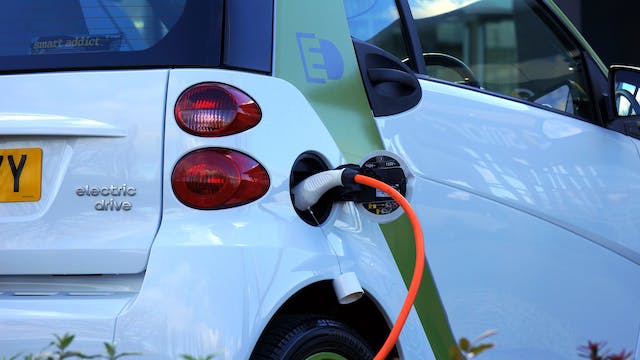Switching to an electric vehicle is a big decision. Electric cars are known for being economical, efficient, and quiet. Many governments are encouraging the adoption of electric vehicles as a means of combating climate change. However, several challenges are hindering their widespread adoption. Some of these challenges include:
There Is a Lack of Charging Infrastructure
One of the biggest problems facing the wide adoption of electric vehicles is the lack of charging infrastructure. If you have a gas-powered car, you will only have to drive one mile (on average) to find a gas station and fill your tank. On the other hand, an electric vehicle will require you to drive 3.8 miles (on average) to find a charging station.
They Have a Shorter Range
Another problem that hinders the wide adoption of electric cars is their relatively short driving range. While there has been significant progress over the years, with the Tesla Model S having a range of 370 miles (officially), it is simply not enough. As a result, this shorter range remains a challenge, especially to people who drive long distances. If you need repair specialists for electric vehicles to help fix an issue with your electric vehicle while driving on a long distance, you can turn to our experts at Crash Champions.
They Are More Expensive
Electric cars are more expensive when compared to gas-powered vehicles of the same range. The primary reason for this is the cost of the batteries that power them. However, there is hope that battery prices will come down in the future, and by extension, electric car prices. If this happens, more people will inevitably opt for them instead of their gas-powered counterparts.
They Lack Variety
Another reason why most people are still opting for gas-powered vehicles is that electric cars lack variety. While tremendous progress was made on this front in 2019, with the release of many new models, it is still not enough. This limited choice of electric cars, especially where large vehicles such as trucks are concerned, remains a big hurdle for the industry.
Their Batteries Take Time to Charge
Charging a regular electric car’s battery can take as long as eight hours. This makes it a big problem with an electric vehicle, especially when you compare it to the three or so minutes it will take you to fill up your car’s petrol tank. While great strides have been made to reduce this – a Tesla supercharger only needs about one hour – they are still not enough. Imagine you are on a trip, and there is no Tesla supercharger on your route. Stopping for four to eight hours to recharge your battery on such a trip will be a significant inconvenience.
The good news is, automakers are developing technologies that will allow electric cars to charge while on the move. Until these become a reality, however, recharge time will continue to be a big problem for the electric vehicle industry.
Endnote
While electric cars have not been widely adopted just yet because of the issues above, it is not in doubt that they are the future. Moreover, efforts are being made to resolve these issues, which makes us hope that sooner, rather than later, more and more people will choose them.

